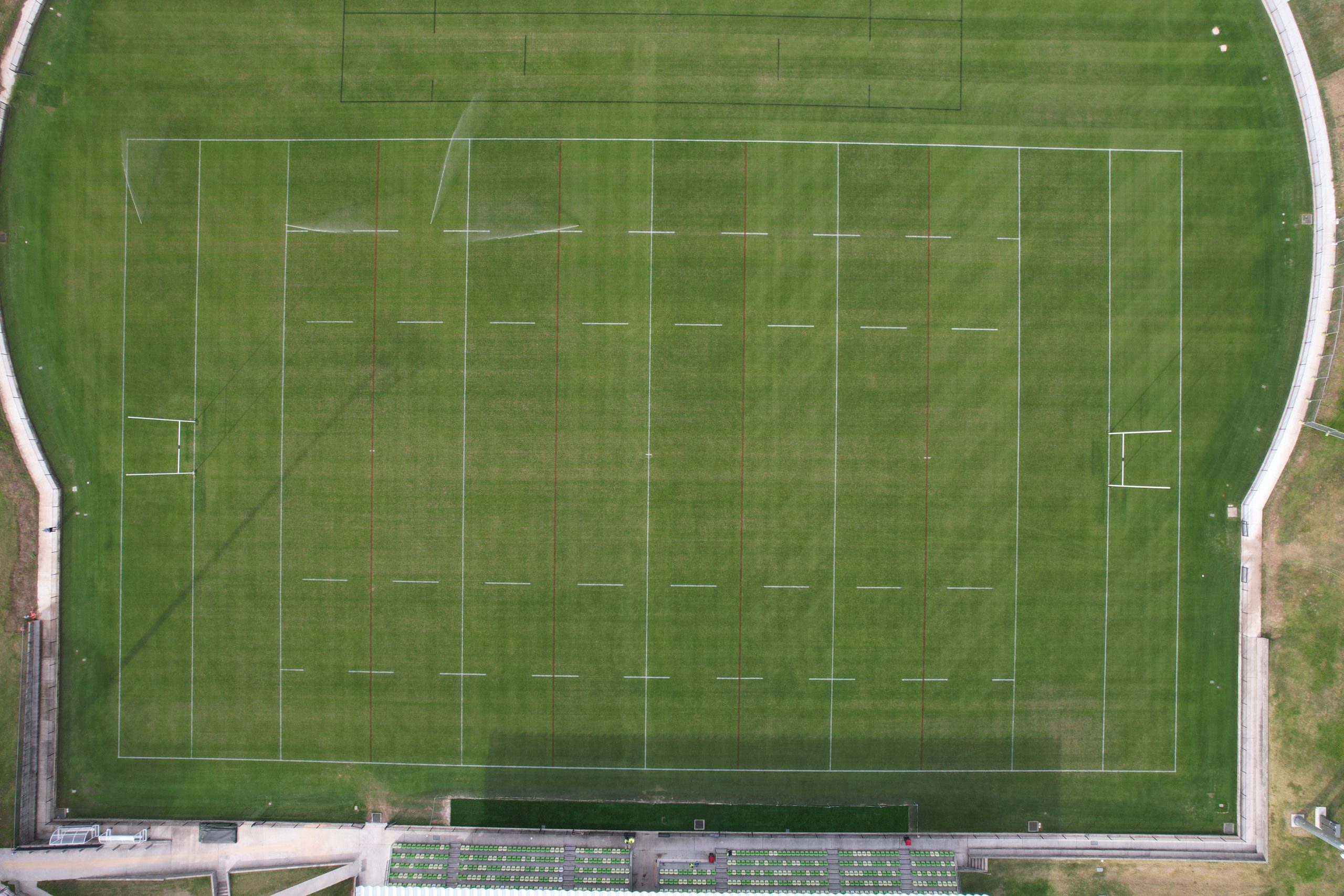
Unleashing the Game-Changing Power of Modern Irrigation Practices for Sporting Fields
Maintaining lush, vibrant, and high-performing sporting fields has always been a challenge for groundkeepers and facility managers. However, with the advent of modern irrigation practices, the game has changed entirely. Gone are the days of relying solely on rain showers and manually watering the fields. Today, innovative irrigation techniques are revolutionizing the way sporting fields are nurtured, providing optimal playing conditions and enhancing the overall experience for athletes and spectators.
Precision Watering: A Winning Strategy
One of the most significant advantages of modern irrigation practices for sporting fields is the ability to precisely control water distribution. With advanced irrigation systems equipped with weather sensors and smart controllers, groundkeepers can tailor watering schedules based on the specific needs of the field. This precision ensures that the right amount of water is applied at the right time, promoting healthy growth while minimizing water waste.
Uniform Coverage for a Level Playing Field
Achieving uniform coverage across a sporting field is crucial to ensure fair play and consistent performance. Modern irrigation systems, such as state-of-the-art sprinkler technologies, are designed to provide even water distribution, eliminating dry patches or areas of excessive moisture. This uniformity enhances the playability of the field, reduces the risk of injuries caused by uneven surfaces, and creates a level playing field where athletes can showcase their skills.
Water Conservation: Sustainability in Action
In an era where environmental sustainability is a pressing concern, modern irrigation practices for sporting fields prioritize water conservation. With the integration of efficient technologies like drip irrigation or low-flow sprinklers, water usage can be significantly reduced without compromising field quality. These systems deliver water directly to the root zones, minimizing evaporation and runoff. Moreover, advanced moisture sensors and soil moisture management systems ensure that watering is only done when necessary, avoiding overwatering and unnecessary water waste.
Enhanced Maintenance Efficiency
Time is of the essence when it comes to maintaining sporting fields, as quick recovery from heavy use is crucial. Modern irrigation practices streamline maintenance efforts, making them more efficient and effective. Automated irrigation systems take the burden off groundkeepers by providing scheduled watering and eliminating the need for manual intervention. This allows grounds crews to focus on other critical maintenance tasks, such as mowing, aeration, and pest control, ensuring the field remains in peak condition.
Future-Proofing for Changing Conditions
Sporting fields must adapt to changing weather patterns and evolving environmental conditions. Modern irrigation practices offer the flexibility to adjust watering schedules and methods as needed. Whether it's coping with periods of drought or adapting to increased rainfall, irrigation systems can be modified to ensure optimal field conditions are maintained consistently. This adaptability future-proofs sporting fields, ensuring their resilience in the face of changing climate dynamics.
Transforming the Field
The days of relying solely on Mother Nature for maintaining pristine sporting fields are long gone. Modern irrigation practices have emerged as the game-changers, providing precise watering, uniform coverage, water conservation, enhanced maintenance efficiency, and adaptability to changing conditions. With the implementation of advanced irrigation systems, sporting field managers and groundkeepers can unlock the full potential of their fields, creating safe, sustainable, and visually stunning playing surfaces that elevate the game and provide athletes with an unparalleled experience. The era of modern irrigation practices has dawned, transforming the landscape of sporting fields and setting new standards for performance and quality.

